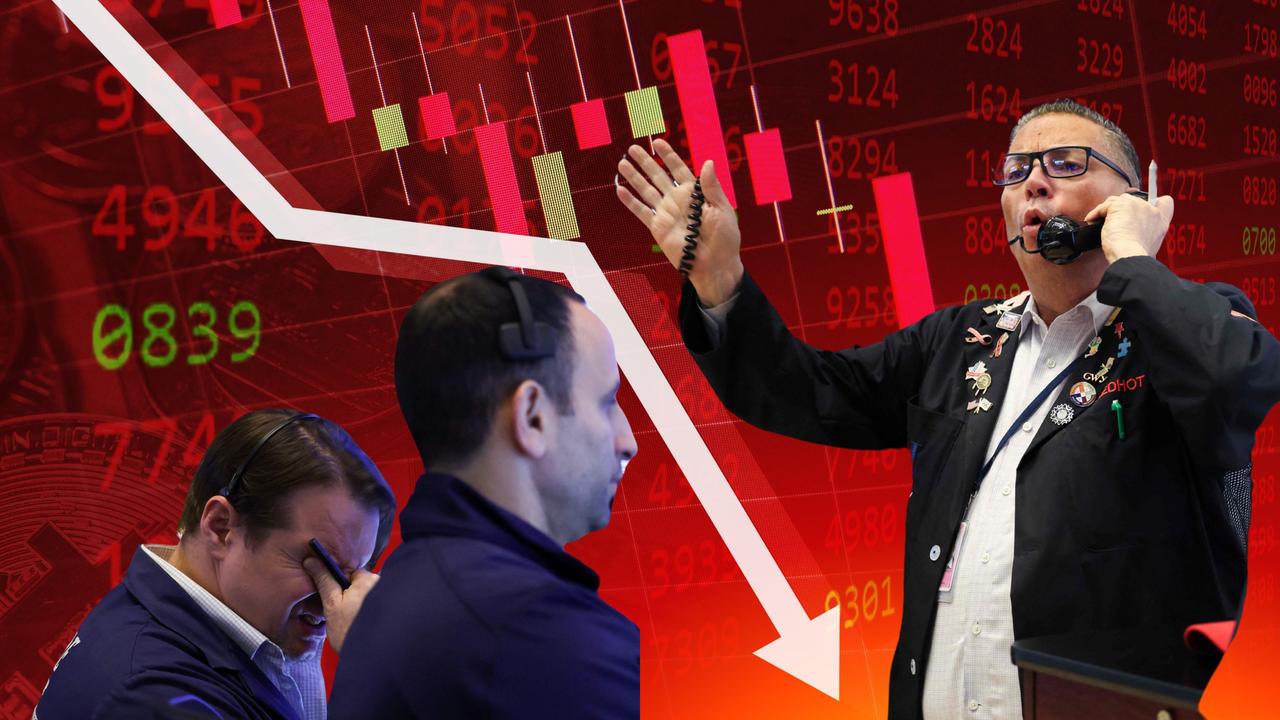Investing on instinct
ON the first page of his book, Power Golf, Ben Hogan offer some advice that is difficult to heed.
ON the first page of his book, Power Golf, Ben Hogan writes:
"When you grip a golf club to take your first swing at a golf ball, every natural instinct you employ to accomplish that objective is wrong, absolutely wrong.
"Reverse every natural instinct you have and do just the opposite of what you are inclined to do and you will probably come very close to having a perfect golf swing."
While I don't play a lot of golf, I can understand how this might be difficult advice to heed. Over countless generations, natural selection has fitted us out with some powerful instincts that clearly served our ancestors well in coping with their day-to-day life.
In many cases however, the modern world can throw up complex challenges that are unlike those faced by our ancestors, and in these cases our instinctive toolkit can be ill-suited to the problem. In evolutionary terms, the need for a perfect golf swing is quite a recent problem.
In a similar vein, instinct can serve us poorly in our approach to investment markets. So much so that a strategy of systematically doing the opposite of what others are doing is employed with success by certain hedge funds.
We'll come to what that strategy is and how it works a bit later, but before we do it is helpful to consider the results of some interesting research into investor behaviour.
US-based DALBAR is a leading provider of analysis to the financial services industry. Each year it undertakes a Quantitative Analysis of Investor Behaviour, which seeks to document the effect of investor behaviour on long-term returns. Since its beginning in 1994, the QAIB has revealed some striking insights. In particular, the research has shown that investors in US mutual funds (the equivalent of Australian managed funds) have consistently achieved returns that are well below the returns reported by the very funds they invest with.
The numbers are shocking: over the past 15 years the returns to investors in mutual funds have consistently underperformed the mutual funds themselves by between 4.32 per cent and 10.97 per cent a year. If sustained over a typical investment timeframe, a gap of this size would dramatically alter an investors standard of living in retirement.
It seems unbelievable that the customers of the mutual funds could receive returns so much lower than the returns reported by the fund managers they invest with, but an explanation can be found in the timing of investment decisions. DALBAR's research has shown that rather than investing consistently over long time periods, US investors withdraw funds in large volumes following a market decline, and re-enter when prices have risen. This has the effect of systematically locking in losses that result from a market downturn, and preventing investors from participating in the initial stages of any recovery that follows.
This type of instinctive bias is well known to the field of behavioural finance. It seems that hard-wired into all of us is a tendency to extrapolate the recent past into the future, often to our detriment. When things are going well we can see no dark clouds on the horizon; when things are going poorly we can foresee no end to the misery.
When it comes to the sharemarket, these instincts are unhelpful. In the long run, an equity market will tend to follow its underlying value, typically rising with improving earnings, and particularly profitability, in a growing economy. For periods of time, prices may lose touch with value but, in the long run, mean reversion takes hold and the two become reacquainted.
This means that periods of dramatic underperformance resulting in low stock prices tend to be offset by periods of outperformance, and vice versa. Whenever one persists for an extended period, the prospects for the other are correspondingly increased.
One suspects that our ancestors did not encounter much mean-reversion in their day-to-day life, as natural selection does not seem to set us up to deal effectively with it, but for those investors who can recognise and overcome this bias, opportunities arise.
Warren Buffett expressed it well when he said that investors should try to be fearful when others are greedy, and greedy when others are fearful.
Back to the opposite strategy I mentioned earlier. As you probably guessed, the strategy is implemented by monitoring the flow of money into and out of US managed funds and systematically investing in a way that is opposite to what the investors in those funds are doing. A high level of outflows is taken as a buy signal, and a high level of inflows is taken as a sell signal. In this way, the hedge funds managing the strategy hope to secure outperformance that is the mirror image of the underperformance DALBAR has identified. Massive outflows from Australian equity funds are currently being experienced. You can do the maths.
Roger Montgomery is the founder of Montgomery Investment Management and the author of Value.able: How to Value the Best Stocks and Buy Them for Less Than They're Worth, available at www.rogermontgomery.com



